Do You Know What This Is? Quail Eggs
Five Delicious Ways To Add Baby Eggs To Your Meal
High in protein and low in both calories and fat, these babies are the perfect snack.
Quail eggs, the superfood product of the lovely Quail birds, are very common in Asian cuisine. In Japan, they’re called uzura tamago and are on yakitori and kushikatsu sticks, inside kawaii bento boxes, and next to regular chicken eggs at most conbinis and supermarkets: for less than ¥100. They’re roughly the same size as an olive (making them ideals for bite-size appetizers), and have a slightly more gamey flavor than regular chicken eggs. Also, they’re absolutely adorable in stature.
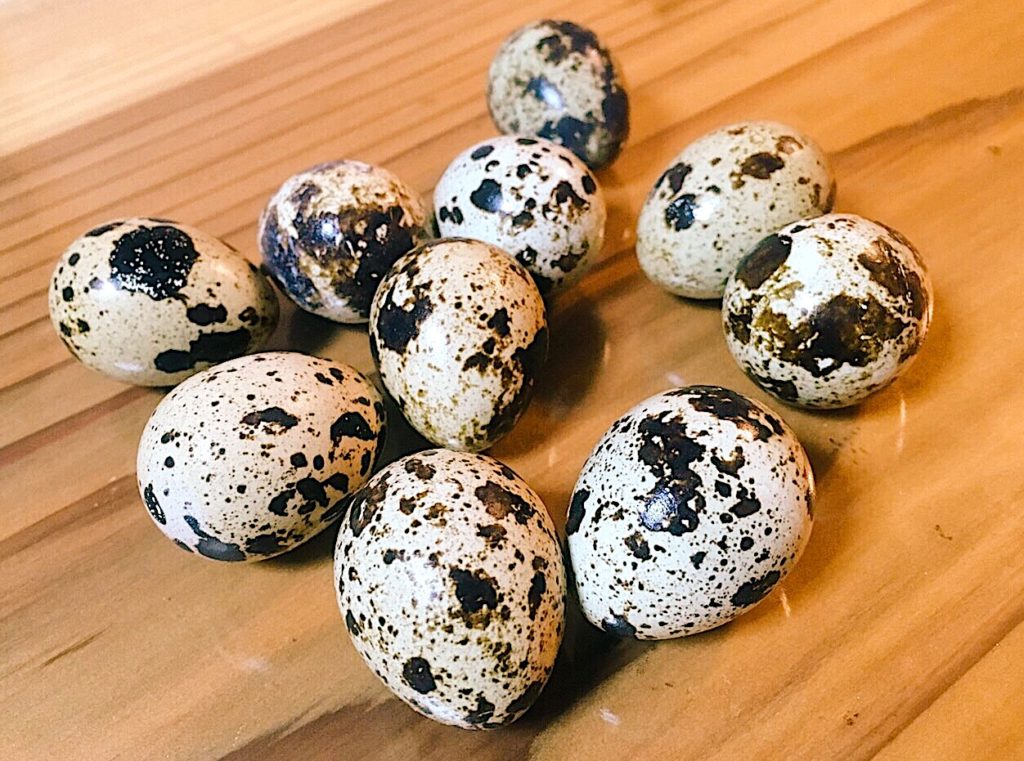
Quail eggs: The ancient royal breakfast?
Based on existing hieroglyphs, we know that small plump quails were ancient birds dating back to the Egyptian pyramids. In other words, the pharaohs may or may not have scrambled quail eggs for their royal breakfasts. But what we know for sure is that since then, quail birds have been bred domestically for over 4,000 years, and today, we the simple people of the 21st century enjoy both quail meat and quail eggs, with quail-anything being considered “gourmet,” or royal food.
Not your ordinary egg
Now, if you’re yet to see a quail egg (apart from asking what have you done for your entire life until now), it’s important to inform you that the good things come in dainty speckled brown shells. Although a fraction of the size of the common hen’s egg, quail eggs are more nutrient and mineral-dense. Due to their higher yolk-to-white ratio, they contain higher levels of protein, vitamin B12, vitamin D, and iron. What’s more, in some cases, quail eggs are considered non allergenic — as in, based on research and experiments (as well as your neighbor’s observation) some people allergic to chicken eggs are able to consume quail eggs and experience zero discomfort.
Although a fraction of the size of the common hen’s egg, quail’s eggs are more nutrient and mineral-dense.
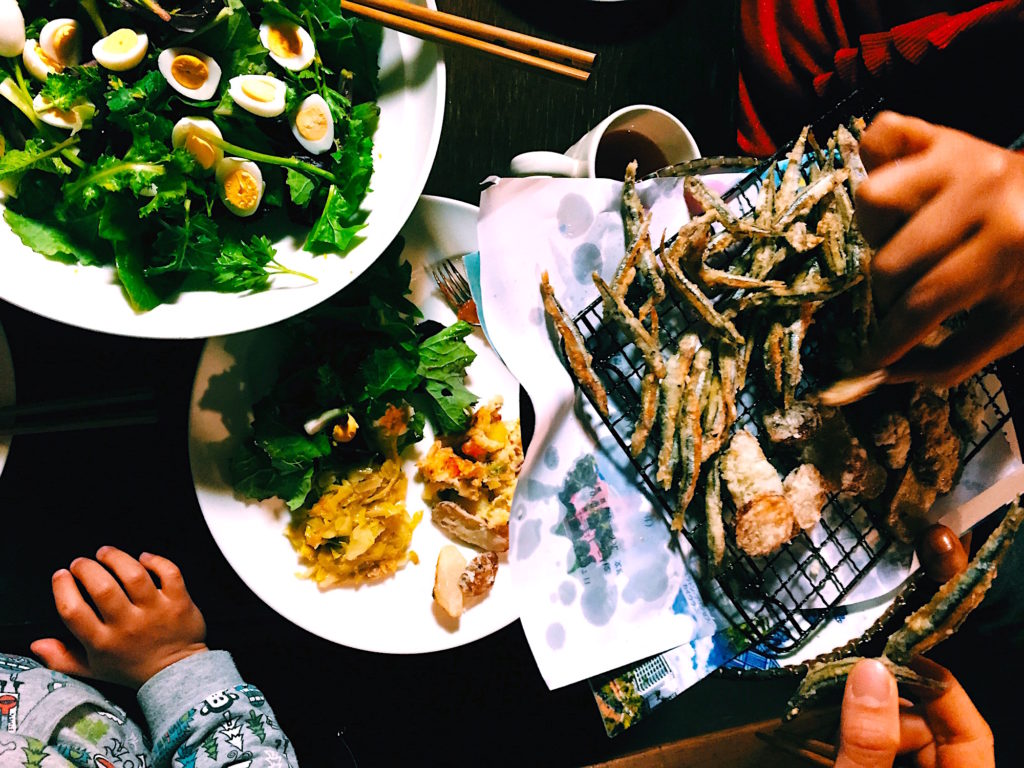
How do you like your eggs?
Similar to chicken eggs, these little guys can be fried, poached, boiled, scrambled and baked. For the adventurous foodie, try them like the Japanese; raw and nestled in a bed of briny fish roe in gunkanmaki (“battleship” style sushi).
My favorite way of eating quail eggs is mixing them through a garden salad. High in protein (13g of protein per 100g) and low in both calories and fat, these babies are the perfect paleo salad addition.
Similar to chicken eggs, these little guys can be fried, poached, boiled, scrambled and baked.
Recipe: Quail eggs garden salad
- Fill a small pot two thirds full with water, then bring to the boil.
- Using a spoon, gently add the quail eggs to the boiling water.
- Depending on your preference, boil eggs for 2.5 (soft-boiled) to 4 (hard-boiled) minutes.
- Using a slotted spoon, remove eggs and cool down under running tap water.
- Peel carefully before tossing whole or halved using a sharp knife, into your favorite salad.
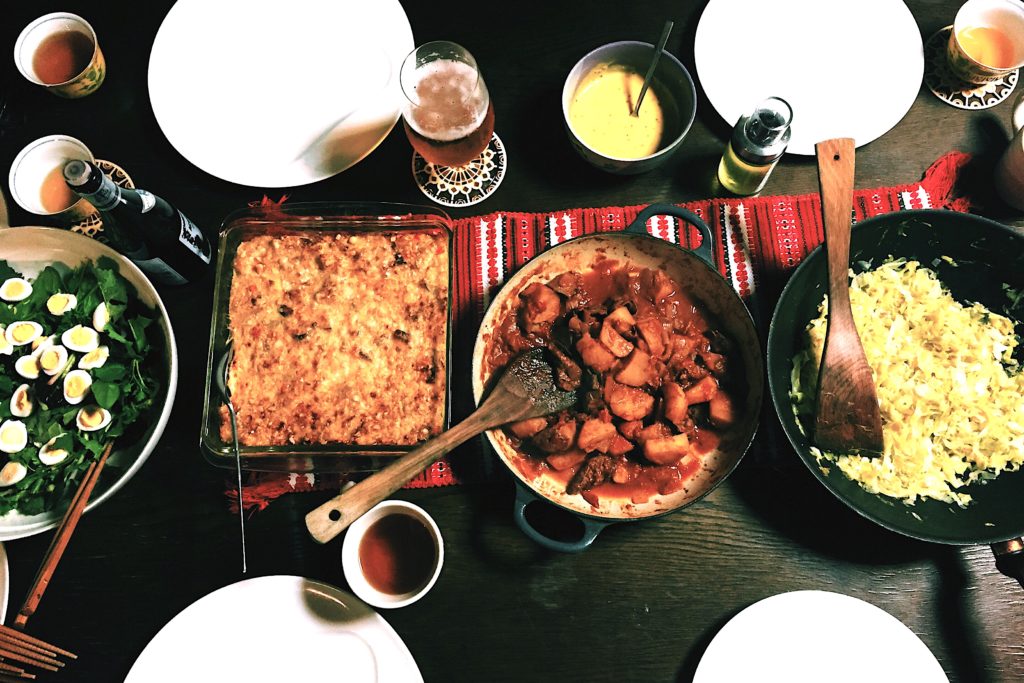
Apart from being the perfect addition in salads, these baby eggs can also be cooked in a variety of other ways. Here are some:
Quail egg shakshuka
Brown a little chopped onion with some oil in a nonstick frying pan. Add 1/2 can of chopped tomatoes, and a pinch of salt, pepper and cumin powder. Once hot, crack 8-10 quail eggs into the tomato mixture. Reduce heat, cover with a lid and cook for a further 5-10 minutes. Serve hot with pita bread.
Spicy quail appetizers
Hard-boil quail eggs for four minutes. Peel eggs carefully then roll in a side plate filled with Japanese 7 spice mixture. A small slice off of the wide bottom of each egg will make them sit upright on a platter.
Quail egg curry
Boil quail eggs medium for about 3 minutes. Peel carefully and set aside. Minutes before taking your favourite curry off the heat, gently add in the boiled eggs for an extra kick!
Pickled Quail eggs
Boil and peel about 20 quail eggs. Combine 120ml white wine vinegar, 60ml water, 8 cloves, 1 tsp brown sugar, 1/2 tsp fennel seeds, 1/2 teaspoon peppercorns, 1/2 teaspoon paprika, 1/2 teaspoon coriander seeds, 1/2 teaspoon sea salt and 1-2 washed, peeled and sliced beets (makes them pink!) in a saucepan on medium heat. Boil, then simmer for 2 to 3 minutes. Cool. Place the eggs in a sterilized glass jar then pour over the vinegar mixture. Pickle for at least 24 hours in the refrigerator before serving. Then sit back, relax and enjoy your eggs!
If you try these recipes or use quail eggs in your menu, share your amazing photos with us via Facebook or #savvytokyo on Instagram. Enjoy! xx

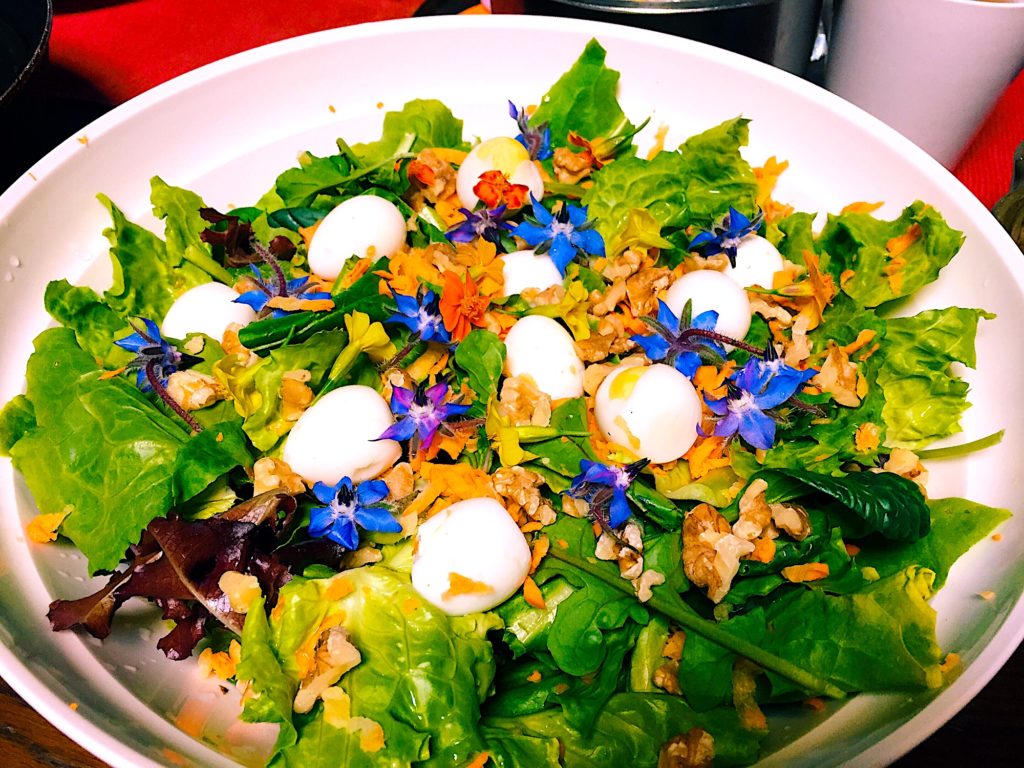











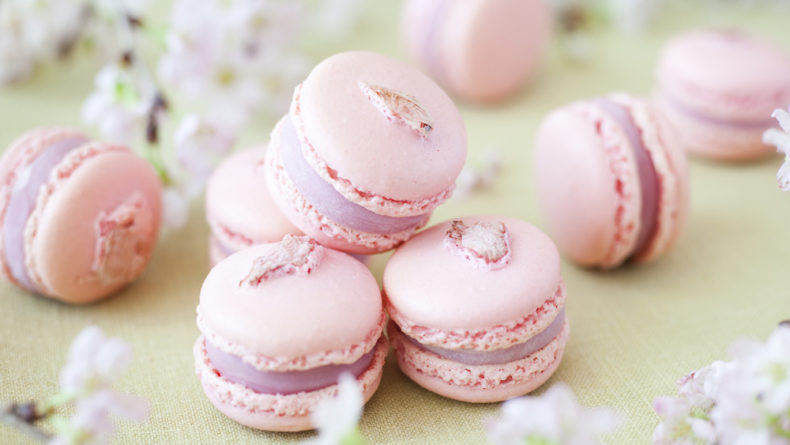
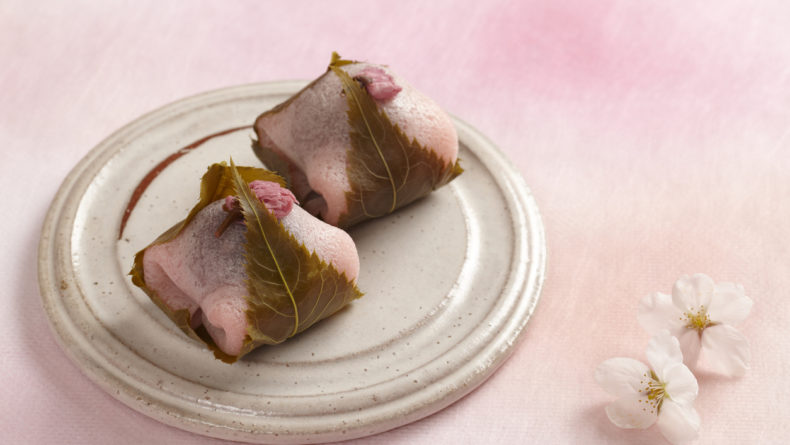
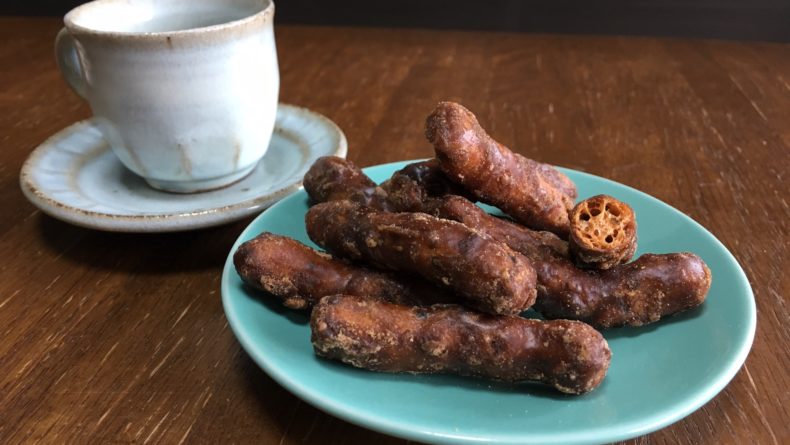
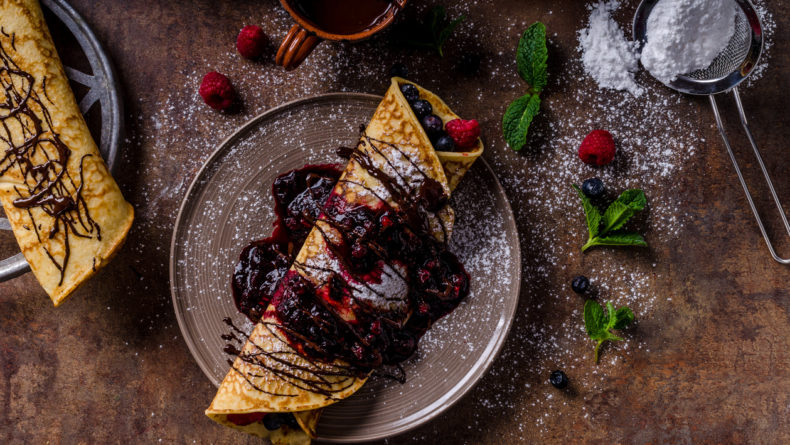
Leave a Reply